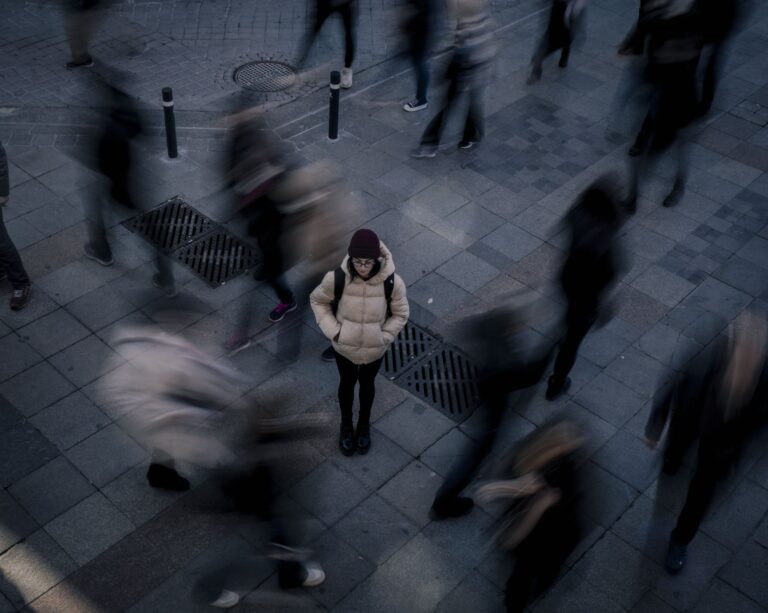Provocations: Who is being accommodated?


What if the tables were turned?
The current academic accommodations model forces individual learners to spend significant time and money to acquire “acceptable” diagnoses and medical documentation to prove they are eligible for accommodations.
The process can be burdensome and demoralizing, which is why most sources estimate that only 10% of students with disabilities on campus officially seek accommodations.
Very often, learners with disabilities do the unpaid legwork of finding their own accessible materials, and teaching educators and peers accessible digital practices.
Should learners require institutions to provide evidence of impairment before they accommodate their institution’s inability to support digital accessibility across campus?

im·pair·ment /imˈpermənt/
noun. A (degree of) physical or mental disability or reduced function, (in later use) esp. in a specified capacity or part of the body.
Oxford English Dictionary
A second opinion.
You could say, systemic ableism is an impairment that runs deep into the bowels of the post-secondary education system.
You could say, it typically manifests as referred pain, stress, isolation, frustration and shame in the bodies of disabled learners.
You could also say, learners and educators are learning together that disablement is not an inevitable outcome. Engaging in pedagogy that centres access, equity, dignity and well-being can provide palpable relief for learners. It is also an act of academic anti-oppression, anti-ableist activism.


